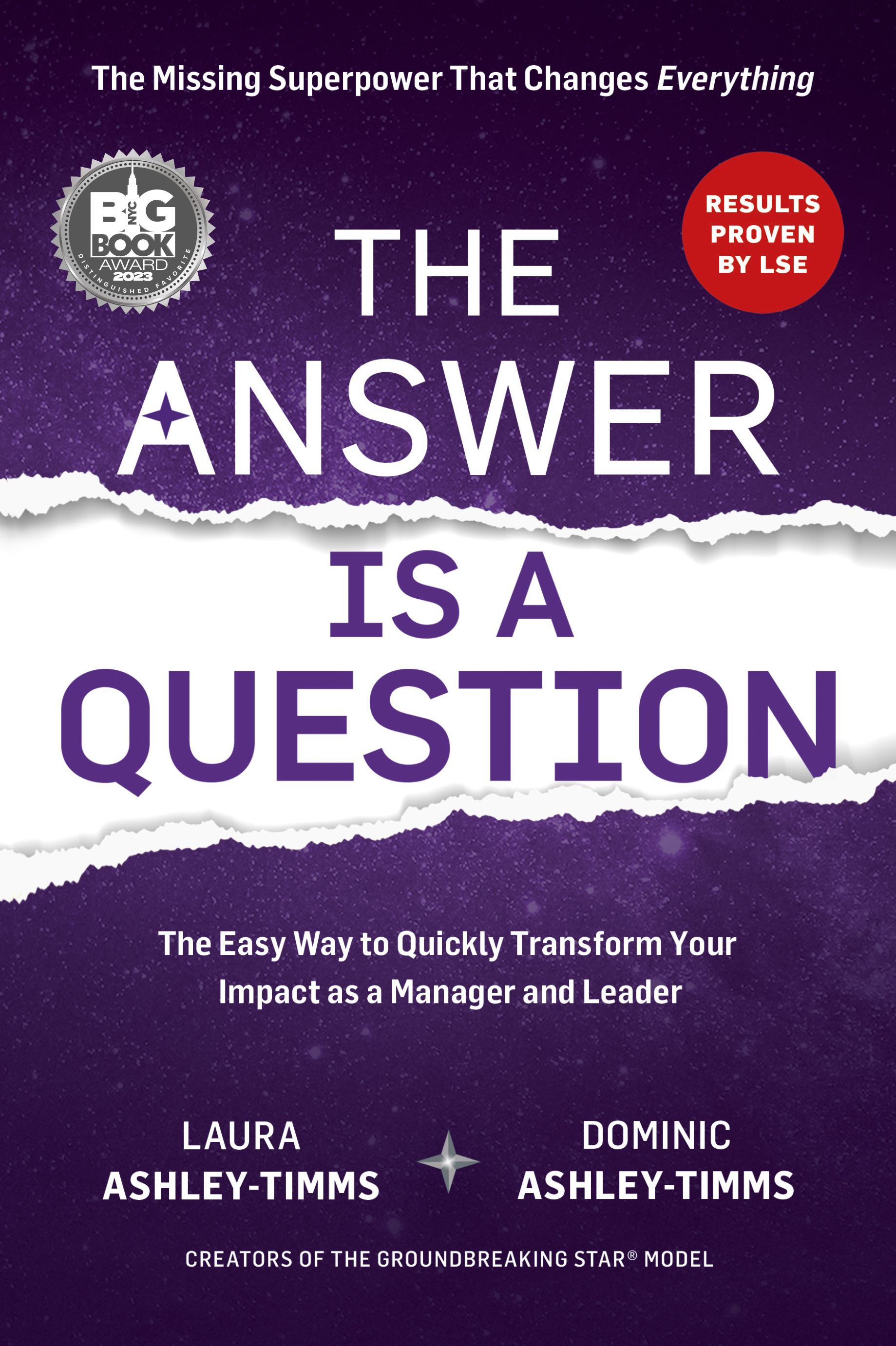
Succession planning is both an art and a science, requiring a delicate balance of emotional intelligence, strategic foresight, and practical execution. While the process can be challenging, it is also an opportunity to strengthen the foundation of the business and set the stage for long-term success.

Firms where everyone has a stake in the success and failure of the organisation produce more engaged employees.

Happy employees are engaged employees, resulting in increased productivity as well as lower absenteeism from work.

In this era of accountability, let us rise to the challenge, embracing the mantle of responsibility with humility and determination. Let us be the leaders who inspire trust, foster inclusivity, and drive innovation with a human touch.

The transition to a circular economy marks a pivotal moment for Indian businesses, offering more than just economic benefits. By transcending profit-driven models and adopting sustainable practices, companies can forge resilience, drive innovation, enhance customer value and generate enduring value for society and the environment alike.

Figuring out what motivates us can sometimes be tricky. We all know that motivation is something we want more of, but actually finding it is an altogether different challenge. What’s worse is that the overall output of the organisation inevitably starts to dip when dealing with a whole team—or even a whole company—full of people feeling disengaged.

A sense of well-being—whatever that means to us—results in a number of benefits with research showing greater efficiency, more effective interpersonal interactions and taking of opportunities, greater motivation, and even greater cognitive flexibility (resulting in better problem solving and creativity).

No matter how busy you are, you owe it to yourself to take control over how your character is developing by taking a mindful, intelligent, and intentional approach to your life. As your habits change for the better, you too will change for the better—emotionally and even physically.
